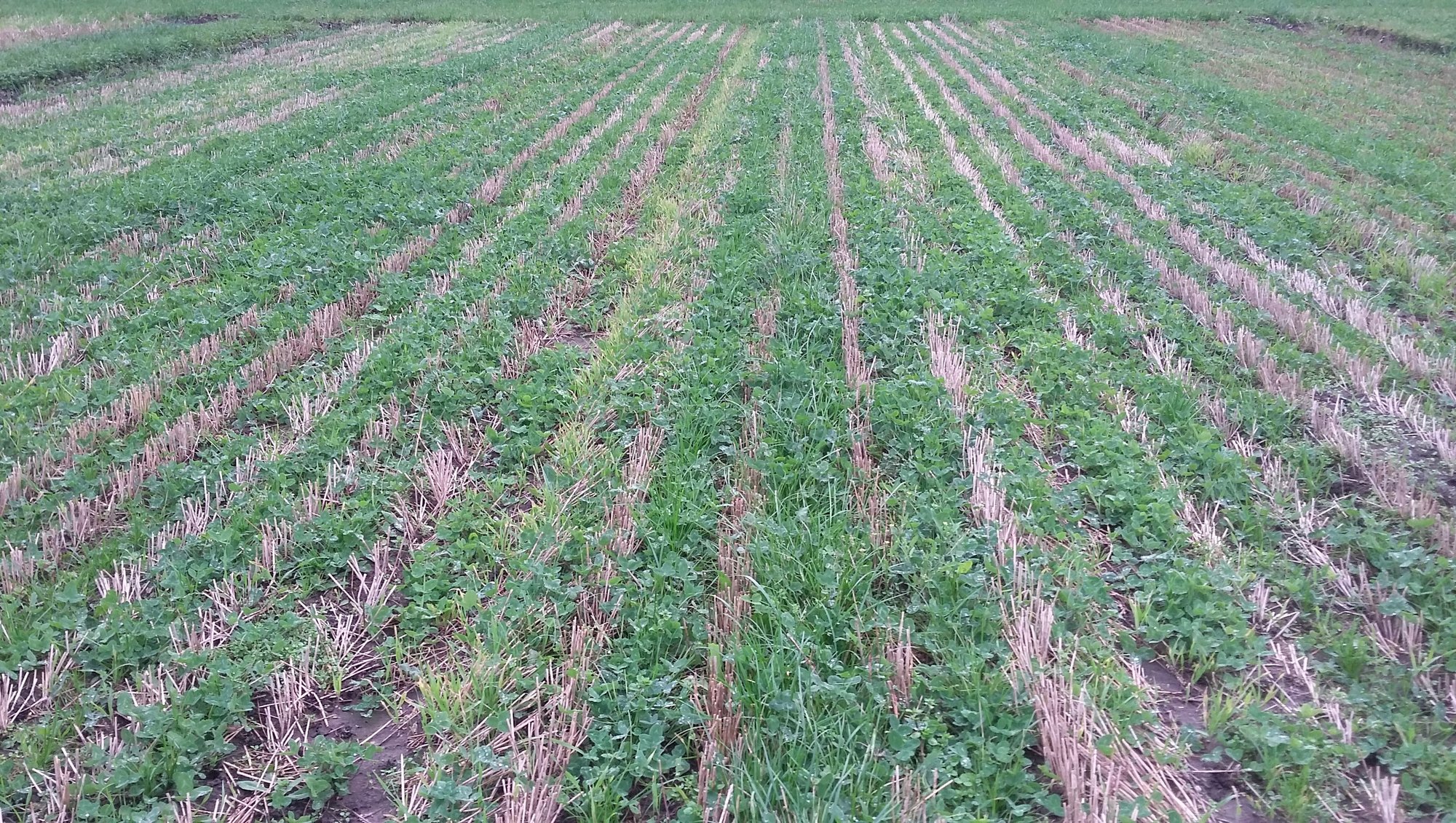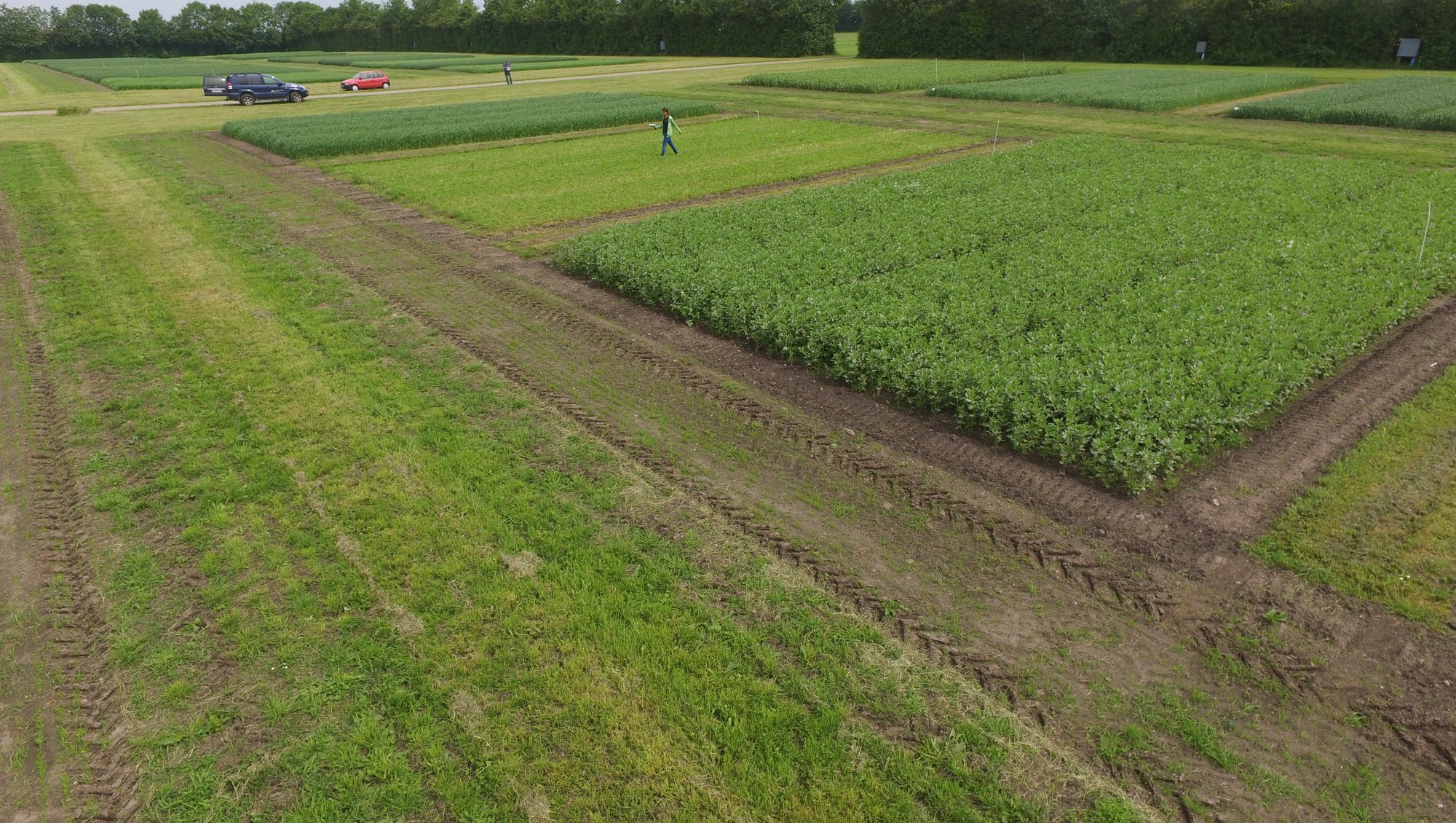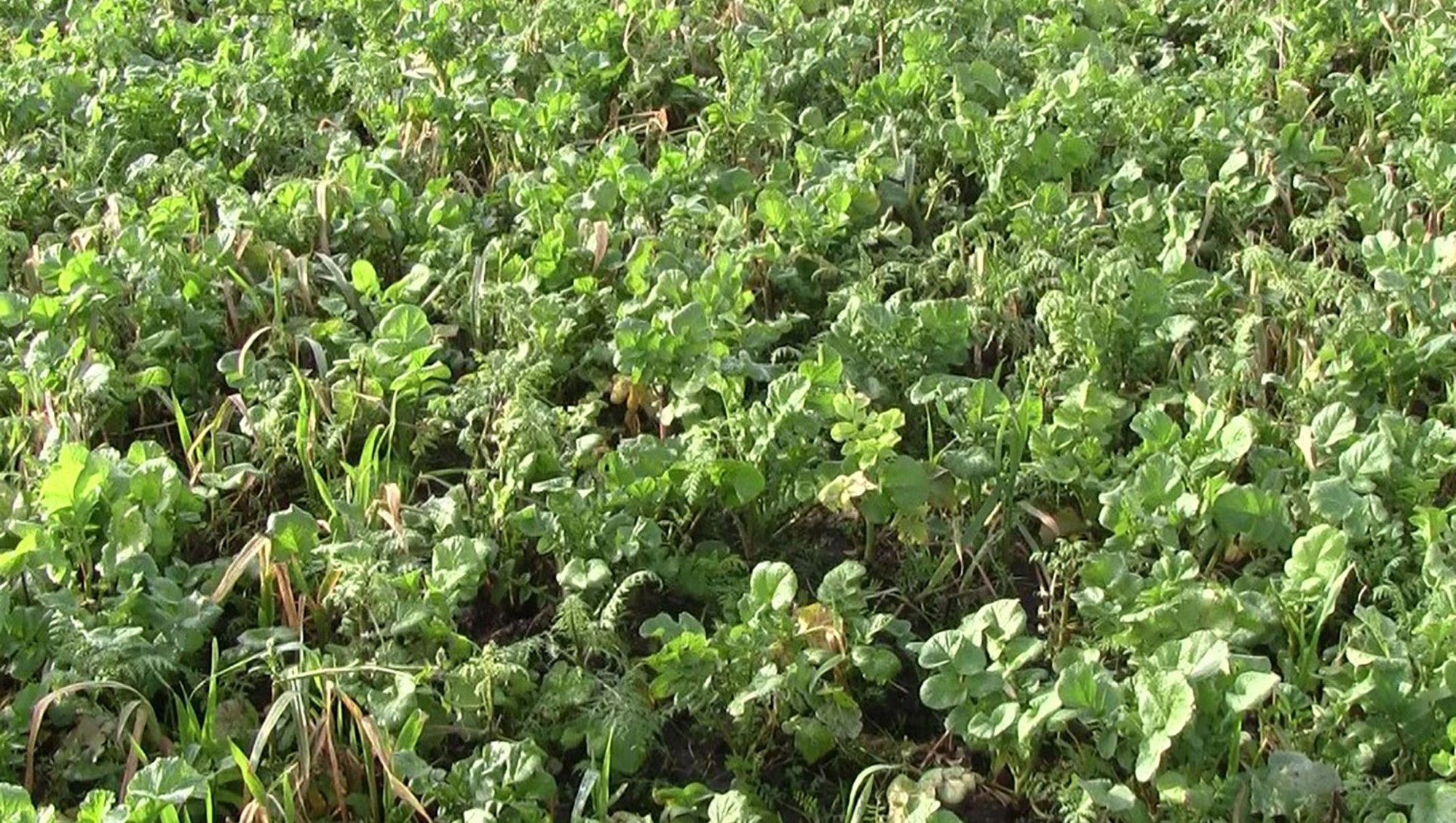CCRotate
CCRotate
- Rotation of cover crops to enhance production- and climate effects
Context of the project:
Long term organic field trials with cover crops show that problems with diseases after repetitive use of the same cover crop species can occur. Thus, there is a need to explore the possibilities to design new cover crop rotation systems to secure the growth of the cover crops without affecting the health of the main crop. There is also a need to examine whether optimal design of such systems can inhibit weed to an extent that reduces the need for tillage in the fall. Furthermore, the fertilization effect of cover crops for the following crop is poorly estimated which means that e.g. the nitrogen derived from cover crops is not utilized to its full extent.
Purpose
In a long-term crop rotation experiment and new field trials, the CCRotate project investigates the effect of cover crop mixtures on productivity, weed pressure and climate footprint. CCRotate is developing a camera-artificial intelligence based system for determining the cover crop biomass, in order to determine the fertilizer effect of the cover crops and include this in the fertilizer planning for the subsequent main crop. The results of the project are incorporated into the advisory tools for organic farmers, so that both optimization of cover crop mixtures, effects on weeds and soil fertility become available to the farmer. Together with the new camera tool for determining the fertilizer effect, it is expected that CCRotate will optimize the use of cover crops in organic farming systems.
CCRotate step-by-step
- Mapping of farmers' current use of cover crops
- Trials with cover crops mixtures
- Estimation of cover crop biomass and composition of species done with AI and image recognition
- Optimizing the exploitation of cover crops in regards to climate effects and productivity of the main crop
- Implementation of results in farmer advisory service
Project manager
Jim Rasmussen
Aarhus University, Department of Agroecology
Tlf.: 87157418
jim.rasmussen@agro.au.dk



